 From The Florida Review interview with Denise Duhamel, focusing on her newest collection Blowout:
From The Florida Review interview with Denise Duhamel, focusing on her newest collection Blowout:
TFR:
Given the times we suddenly find ourselves living in, is there even more pressure to write in the moment?
Duhamel:
Yes, absolutely. I was thinking so much about how my next book, which is not out yet, is going to be called Scald. [The book came out in February 2017, after this interview.] It’s about feminism and it’s dedicated to three different great feminists. I was so in the zeitgeist of a Hillary Clinton presidency and women, and now I feel so unmoored. But I’m so glad I wrote it when I wrote it because, while I wasn’t thinking of Hillary necessarily when I was writing it, I felt this movement towards women and the feminization of power and saving the planet. Now, we really have to stay in the moment and not stick our heads in the sand. I mean you may have to stick your head in the sand for a week to survive, but then we have to come out strong.
TFR:
I felt like I often heard people say, “We are having more conversations about race during Barak Obama’s presidency and we will talk more about gender with a female president.” Do you feel like we will talk more or less about gender given the president we ended up with?
Duhamel:
He’ll talk a lot less about gender and even his wife will say less. I was reading something just this morning about how she wants to be more like Jackie O. It’s so retro and cultural regression to the max, right? She really wants to go back to the 1960s pillbox hat and not even say anything. We are in big trouble, but I also think because this election is so egregious and Clinton didn’t lose to a man who was moderate or even a Mitt Romney or John McCain, she lost to a misogynist who calls women the worst possible names, I think women are not going to give him a pass. We are going to come back strong, especially since we had a taste of what could have been. I can’t imagine women going, Oh well, we’ll let it go.
TFR:
No.
Duhamel:
I think we’ve been letting it go for decades and centuries and I don’t think we can let it go anymore.
TFR:
I think that’s also what I admired about your book. You didn’t let it go. You talked about it.
Read the full interview on Aquifer: The Florida Review Online.
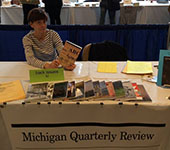 In its Spring 2017 issue, Michigan Quarterly Review editor, Jonathan Freedman, offers a wonderful tribute to Managing Editor Vicki Lawrence who stepped down in May after twenty years with the magazine. As managing editor, Freedman writes, “she did just about everything: copyedited, proofread, supervised all the other manifold details of the publishing process, helped select the covers, talked the authors into her judicious recasting of the more infelicitous, erroneous, or just plain aberrational turns of phrase or thought. She schlepped copies of the journal to the Ann Arbor Book Festival and the AWP convention with equal vigor and tenacity.”
In its Spring 2017 issue, Michigan Quarterly Review editor, Jonathan Freedman, offers a wonderful tribute to Managing Editor Vicki Lawrence who stepped down in May after twenty years with the magazine. As managing editor, Freedman writes, “she did just about everything: copyedited, proofread, supervised all the other manifold details of the publishing process, helped select the covers, talked the authors into her judicious recasting of the more infelicitous, erroneous, or just plain aberrational turns of phrase or thought. She schlepped copies of the journal to the Ann Arbor Book Festival and the AWP convention with equal vigor and tenacity.”
 The Rust Belt extends from the Great Lakes to the Upper Midwest and refers to the deindustrialization the region experienced as needs and supplies changed over the decades. As a Michigander, Detroit and Flint are well-known names from our state representing the Rust Belt sector. But on the tails of any discussion of decline and decay are examples and stories of revitalization and renewal, and these are common literary themes.
The Rust Belt extends from the Great Lakes to the Upper Midwest and refers to the deindustrialization the region experienced as needs and supplies changed over the decades. As a Michigander, Detroit and Flint are well-known names from our state representing the Rust Belt sector. But on the tails of any discussion of decline and decay are examples and stories of revitalization and renewal, and these are common literary themes. 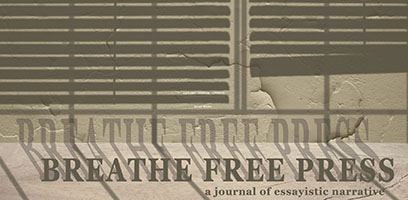 Emma Lazarus’ sonnet “The New Colossus” has gained new popular attention of late, thanks in part to White House senior policy adviser
Emma Lazarus’ sonnet “The New Colossus” has gained new popular attention of late, thanks in part to White House senior policy adviser 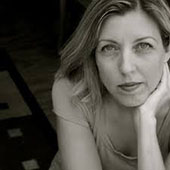 Listen, the dolls in my dollhouse
Listen, the dolls in my dollhouse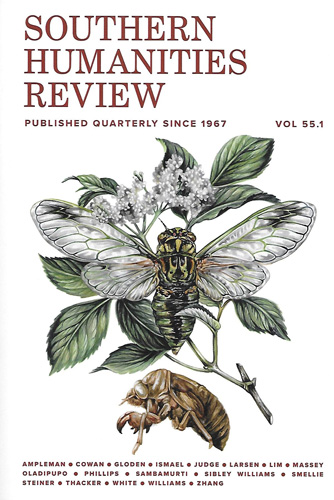 Publishing fiction, poetry, and essays from the Department of English at Auburn University, Alabama,
Publishing fiction, poetry, and essays from the Department of English at Auburn University, Alabama, 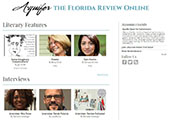 After the first few months of getting their online feet wet,
After the first few months of getting their online feet wet, 
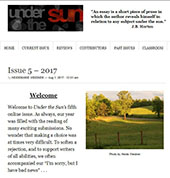 Under the Sun
Under the Sun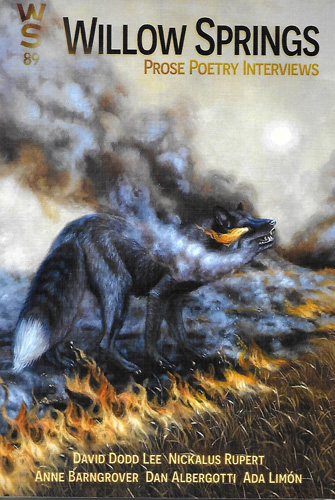 Happy 40th Anniversary to
Happy 40th Anniversary to  In the most recent issue,
In the most recent issue, 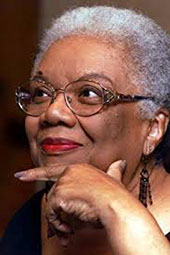 Second Look
Second Look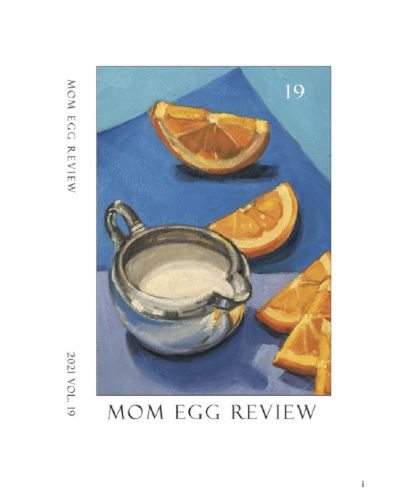
 From
From 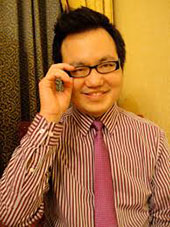 The July/August 2017 issue of
The July/August 2017 issue of 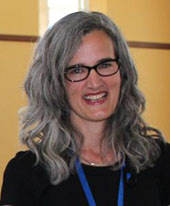 Are we still talking about our addiction to Facebook despite its evils? Apparently, yes, we still are, with
Are we still talking about our addiction to Facebook despite its evils? Apparently, yes, we still are, with 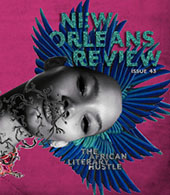 Issue 43 of
Issue 43 of 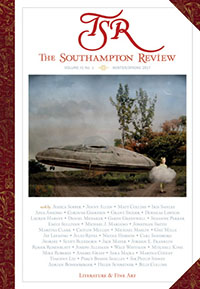 The Southampton Review
The Southampton Review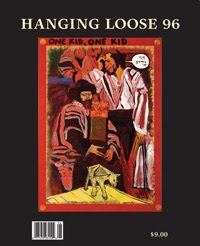 Hanging Loose
Hanging Loose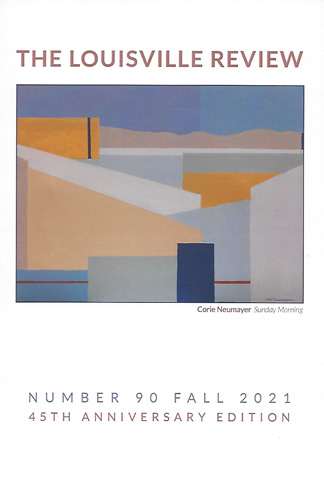 In celebration of
In celebration of 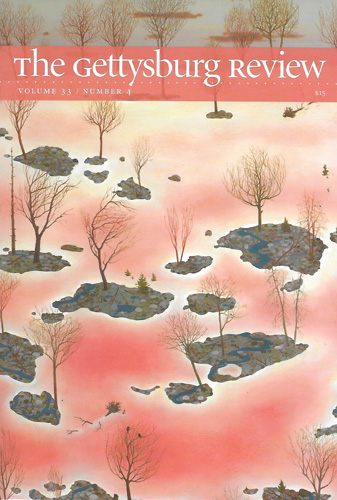 The Summer 2017 issue of
The Summer 2017 issue of  You have to take a close look at this detail from “Iron Horse” by
You have to take a close look at this detail from “Iron Horse” by 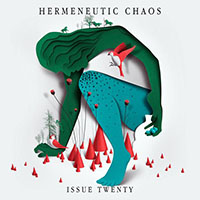 “Myth” by
“Myth” by 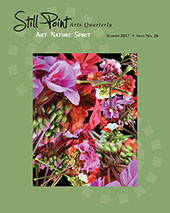 Artists say things with objects, images, symbols, and metaphors that are difficult, if not impossible, to express any other way.
Artists say things with objects, images, symbols, and metaphors that are difficult, if not impossible, to express any other way. The June 2017 issue of
The June 2017 issue of 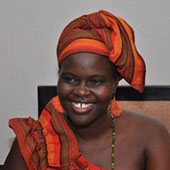
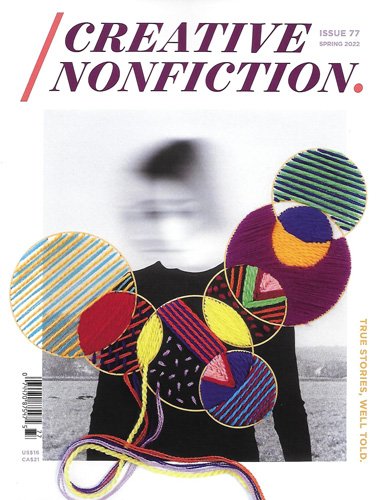 In his introduction to Issue 63 (Spring 2017) of
In his introduction to Issue 63 (Spring 2017) of 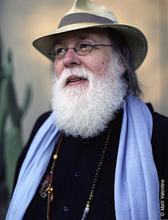 The Spring 2017 issue of
The Spring 2017 issue of 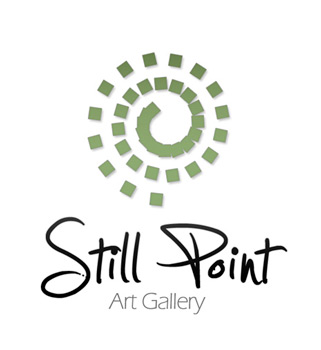 Today, Shanti Arts announced changes coming to
Today, Shanti Arts announced changes coming to 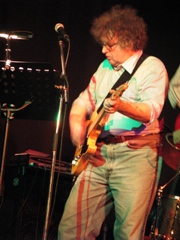 The American Poetry Review
The American Poetry Review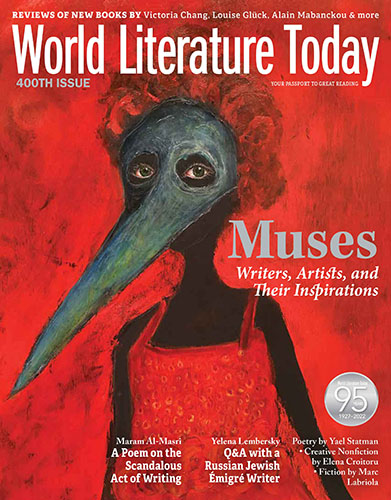 The May – August 2017 issue of
The May – August 2017 issue of 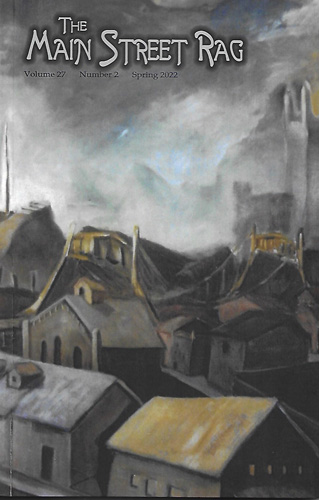 In his Spring 2017 Welcome Readers! section,
In his Spring 2017 Welcome Readers! section, 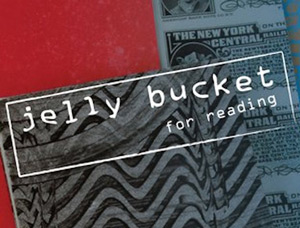 Jelly Bucket
Jelly Bucket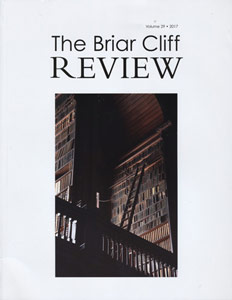 Pick up a copy of the 2017 issue of
Pick up a copy of the 2017 issue of 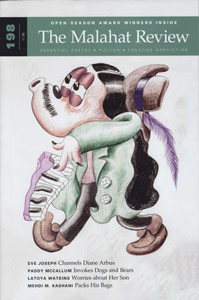 The Spring 2017 issue of
The Spring 2017 issue of 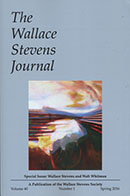
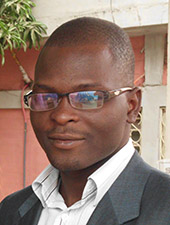
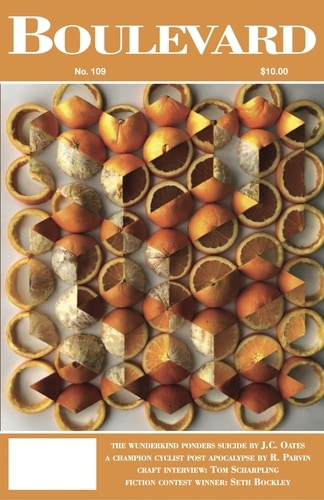 The Spring 2017 issue of
The Spring 2017 issue of 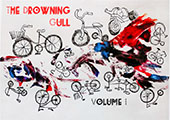 The Drowning Gull
The Drowning Gull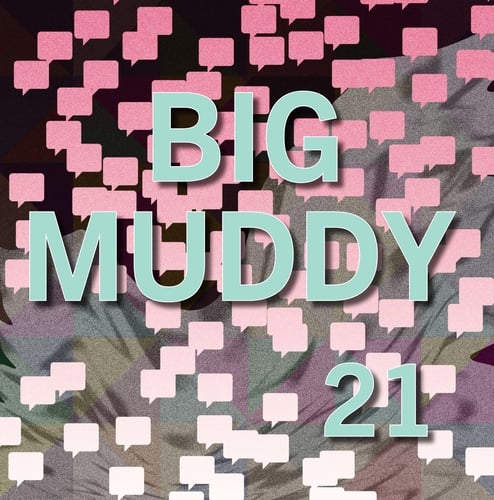 Photograph “Paula/Window #1” by Roger Mullins on the cover of v16 i2 of
Photograph “Paula/Window #1” by Roger Mullins on the cover of v16 i2 of 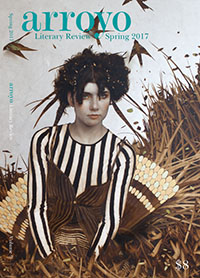 A detail of “The History of Nature” by
A detail of “The History of Nature” by 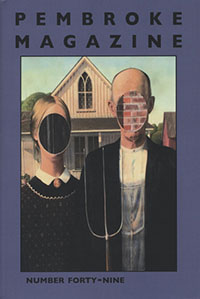 And for a dose of humor, Issue #49 of
And for a dose of humor, Issue #49 of 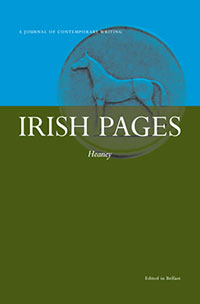 Editor Chris Agee included a handwritten note with v9 n2 of
Editor Chris Agee included a handwritten note with v9 n2 of  Dear America,
Dear America,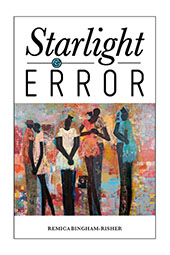
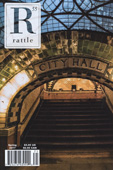 Issue #55 (Spring 2017) of
Issue #55 (Spring 2017) of 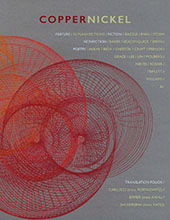 Editor Wayne Miller has announced several changes to
Editor Wayne Miller has announced several changes to